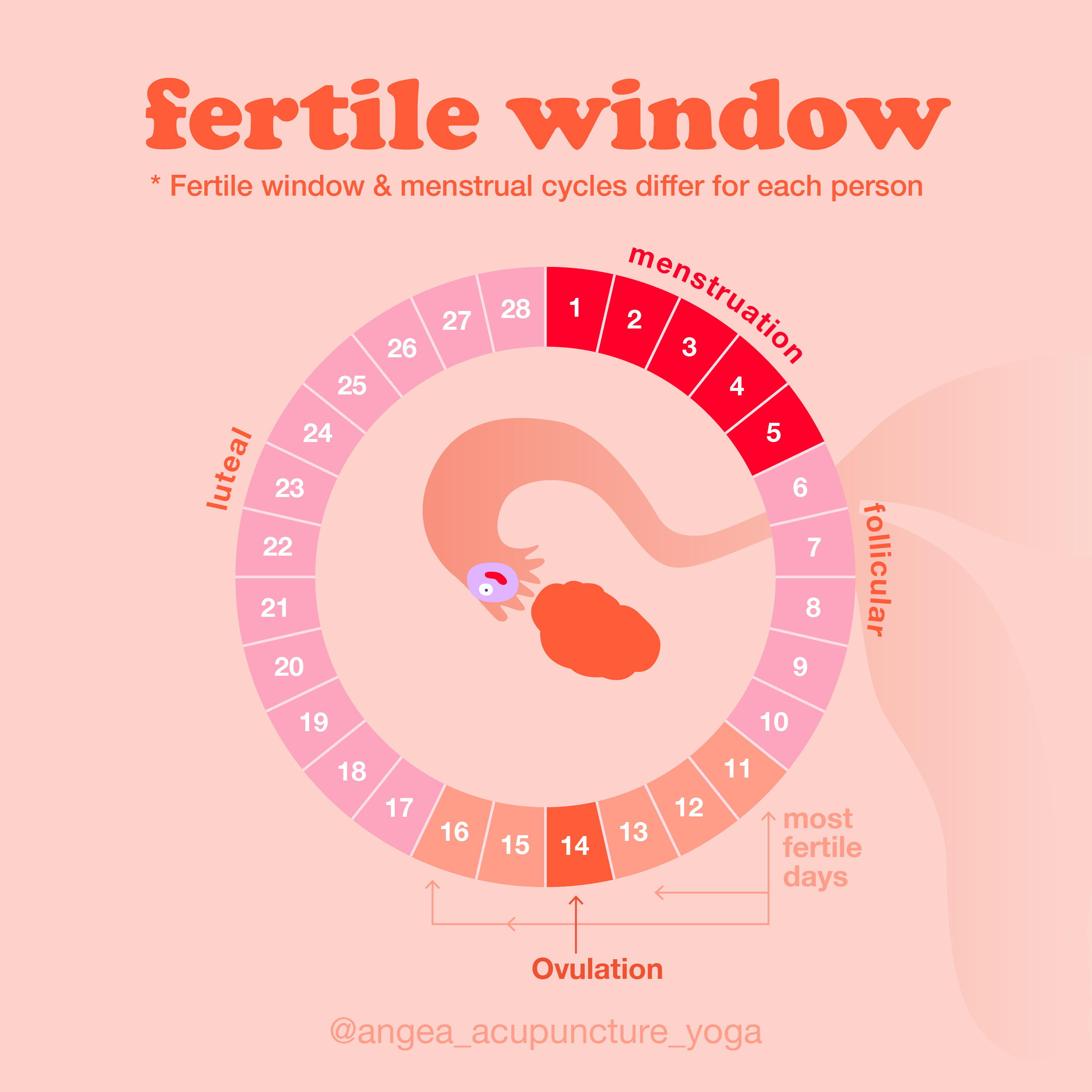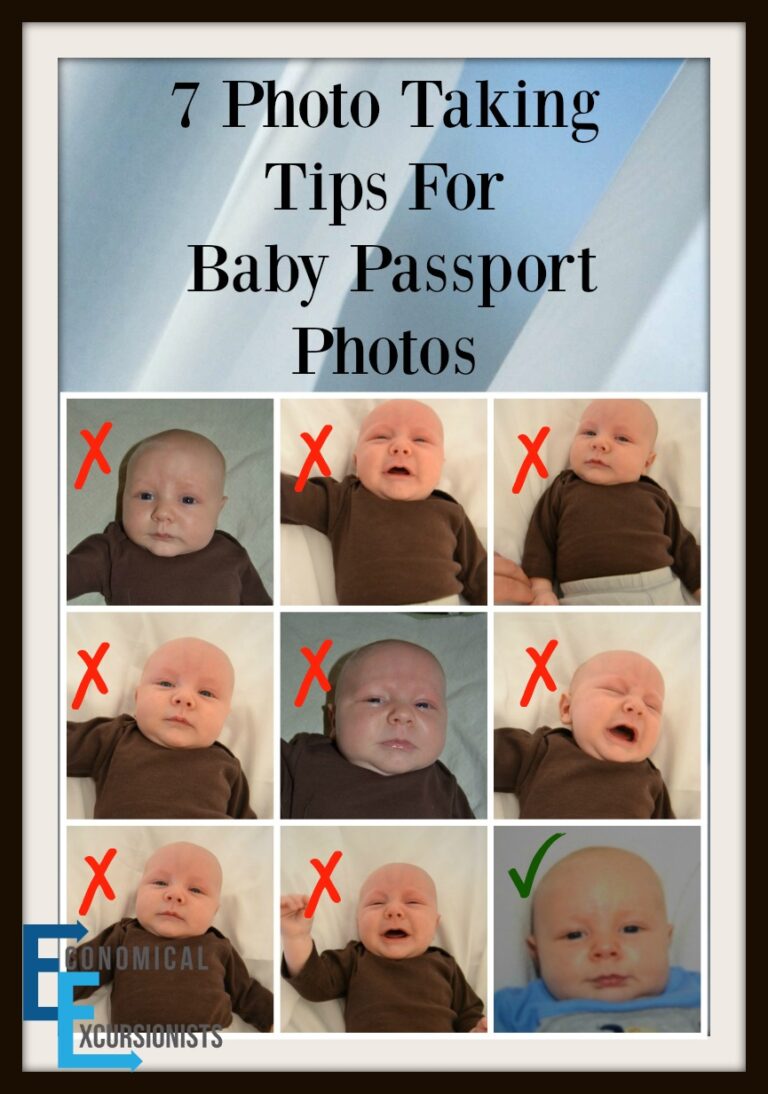How Fertile Are You After Having A Baby
Bringing a new life into the world is a miraculous and life-changing experience. However, many new parents often wonder about their fertility after having a baby. Understanding your fertility postpartum is crucial for those who are considering expanding their family in the future. In this article, we will delve into the topic of how fertile you are after having a baby, providing you with valuable insights and information to guide you through this journey.
Knowledge
After giving birth, your body goes through a series of changes as it recovers from the pregnancy and delivery. One of the most common concerns for many new parents is their fertility postpartum. It is essential to understand that every individual is different, and fertility levels can vary.
Several factors can influence your fertility after having a baby. These include age, overall health, breastfeeding, and the method of delivery. Age plays a significant role in fertility, with women over 35 often experiencing a decline in fertility. Additionally, breastfeeding can affect ovulation and menstrual cycles, which can impact fertility. The method of delivery, whether vaginal or cesarean, can also influence your fertility postpartum.
For many women, the return of their menstrual cycles can indicate the return of fertility. However, it is essential to note that ovulation can occur before the first postpartum period. It is recommended to speak with your healthcare provider about contraception options if you are not ready to conceive again.
While some women may ovulate and conceive shortly after giving birth, it is essential to consider the timing of conception. Your body needs time to recover from pregnancy and delivery, and it is advisable to wait at least 18-24 months before attempting to conceive again. This allows your body to heal and reduces the risk of complications during pregnancy.
If you have concerns about your fertility after having a baby, it is recommended to seek advice from a healthcare provider or fertility specialist. They can assess your individual situation and provide guidance on your fertility options moving forward. Fertility testing may be recommended to determine your current fertility status and any potential concerns.
Conclusion
In conclusion, understanding your fertility after having a baby is essential for those who are planning to expand their family in the future. Factors such as age, overall health, breastfeeding, and the method of delivery can influence your fertility postpartum. It is crucial to be informed about your fertility options and seek medical advice if needed.
For new parents considering another pregnancy, it is vital to be aware of your fertility status and take the necessary precautions. Planning ahead and discussing your fertility concerns with a healthcare provider can help you make informed decisions about your family planning journey.






